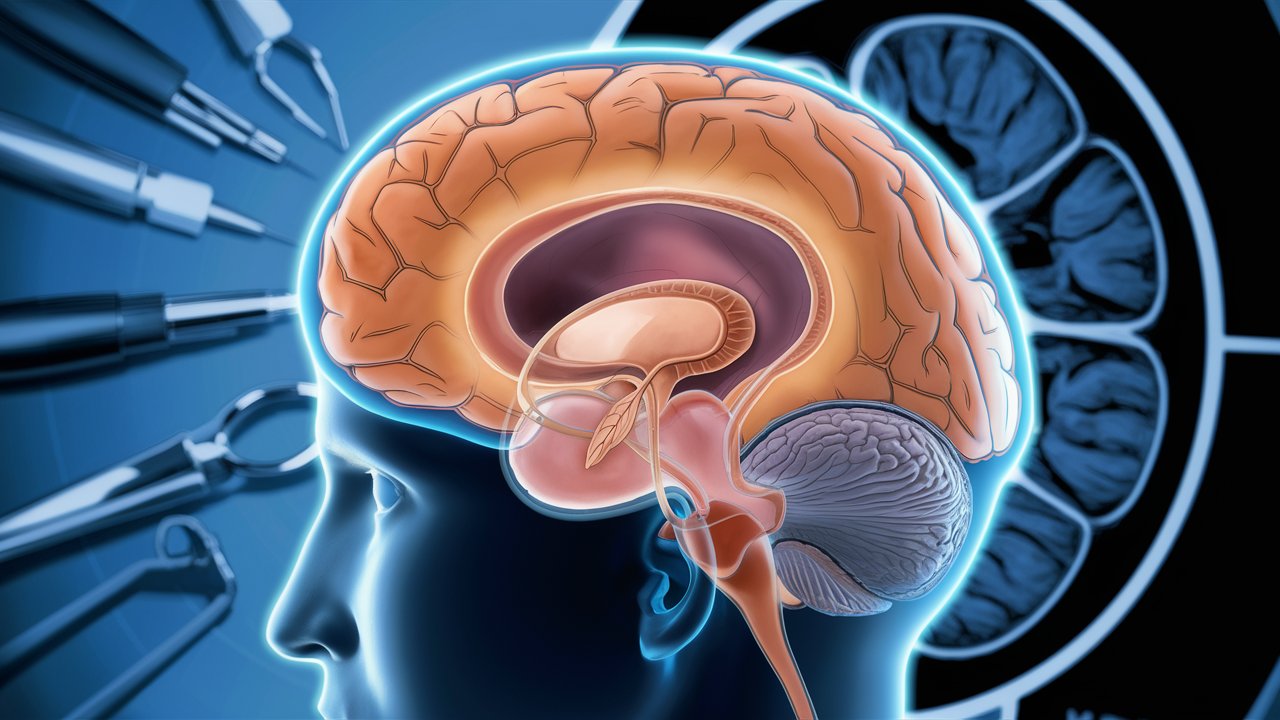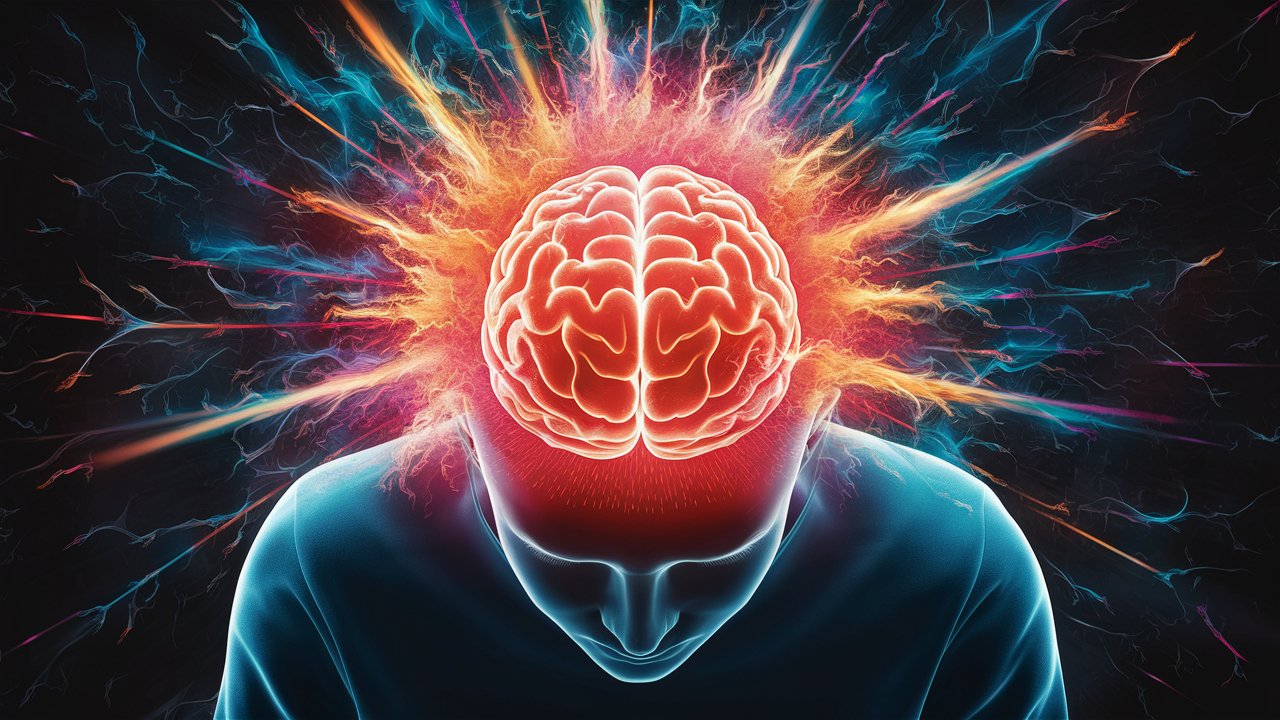
What is Distal 18Q-? Distal 18Q- is a rare genetic disorder caused by a deletion on the long arm (q) of chromosome 18. This condition can lead to various physical, developmental, and cognitive challenges. Symptoms vary widely but often include growth delays, intellectual disabilities, and distinctive facial features. Understanding Distal 18Q- is crucial for early diagnosis and intervention, which can significantly improve quality of life. This article will delve into 20 key facts about this condition, shedding light on its causes, symptoms, and management strategies. Whether you're a parent, caregiver, or just curious, these insights will help you grasp the essentials of Distal 18Q-.
What is Distal 18q-?
Distal 18q- is a rare genetic disorder caused by the deletion of the end portion of the long arm (q) of chromosome 18. This condition can lead to a variety of physical and developmental challenges. Here are some intriguing facts about Distal 18q- that shed light on this unique genetic condition.
Genetic Basis of Distal 18q-
Understanding the genetic foundation of Distal 18q- helps in grasping its complexities.
- Chromosome 18: Humans typically have 23 pairs of chromosomes. Chromosome 18 is one of these pairs and contains about 76 million base pairs.
- Deletion: In Distal 18q-, a segment at the end of the long arm of chromosome 18 is missing. This deletion can vary in size.
- Genetic Testing: Diagnosis often involves genetic testing, such as karyotyping or microarray analysis, to identify the specific deletion.
Physical Characteristics
Individuals with Distal 18q- may exhibit distinct physical features.
- Facial Features: Common facial characteristics include a broad forehead, deep-set eyes, and a small mouth.
- Growth Delays: Many affected individuals experience growth delays, leading to shorter stature compared to their peers.
- Hypotonia: Low muscle tone, or hypotonia, is frequently observed, impacting motor skills and physical strength.
Developmental and Cognitive Impact
Distal 18q- can influence cognitive and developmental milestones.
- Developmental Delays: Children with this condition often face delays in reaching developmental milestones such as sitting, walking, and talking.
- Intellectual Disability: The severity of intellectual disability varies, with some individuals having mild to moderate challenges.
- Speech and Language: Speech and language development can be significantly delayed, requiring speech therapy.
Health Concerns
Various health issues are associated with Distal 18q-.
- Hearing Loss: Sensorineural hearing loss is common, necessitating regular hearing evaluations.
- Vision Problems: Strabismus (crossed eyes) and other vision issues may occur, requiring corrective measures.
- Heart Defects: Congenital heart defects, such as ventricular septal defects, are found in some individuals.
Behavioral and Emotional Aspects
Behavioral and emotional traits are also part of the Distal 18q- profile.
- Behavioral Challenges: Some individuals may exhibit behavioral challenges, including hyperactivity and attention deficits.
- Autism Spectrum Disorder: There is an increased risk of autism spectrum disorder in those with Distal 18q-.
- Emotional Sensitivity: Emotional sensitivity and anxiety are common, often requiring psychological support.
Support and Management
Managing Distal 18q- involves a multidisciplinary approach.
- Early Intervention: Early intervention programs focusing on physical, occupational, and speech therapy can significantly improve outcomes.
- Educational Support: Special education services tailored to individual needs help in academic and social development.
- Medical Monitoring: Regular medical check-ups are crucial to monitor and address health issues promptly.
Community and Resources
Support networks and resources play a vital role in the lives of those affected by Distal 18q-.
- Support Groups: Joining support groups can provide emotional support and practical advice for families.
- Research and Advocacy: Ongoing research and advocacy efforts aim to improve understanding and treatment options for Distal 18q-.
Final Thoughts on Distal 18Q-
Distal 18Q- is a rare genetic condition that affects many aspects of a person's life. Understanding its symptoms, causes, and treatments can help those affected and their families manage the condition better. Early diagnosis and intervention are key to improving quality of life. Genetic counseling can provide valuable insights and support for families. While there is no cure, therapies and educational support can make a significant difference. Staying informed and connected with support groups can offer emotional and practical assistance. Remember, every individual with Distal 18Q- is unique, and their needs may vary. By spreading awareness and fostering a supportive community, we can help those affected lead fulfilling lives. Keep learning, stay compassionate, and support each other through the journey.
Was this page helpful?
Our commitment to delivering trustworthy and engaging content is at the heart of what we do. Each fact on our site is contributed by real users like you, bringing a wealth of diverse insights and information. To ensure the highest standards of accuracy and reliability, our dedicated editors meticulously review each submission. This process guarantees that the facts we share are not only fascinating but also credible. Trust in our commitment to quality and authenticity as you explore and learn with us.


